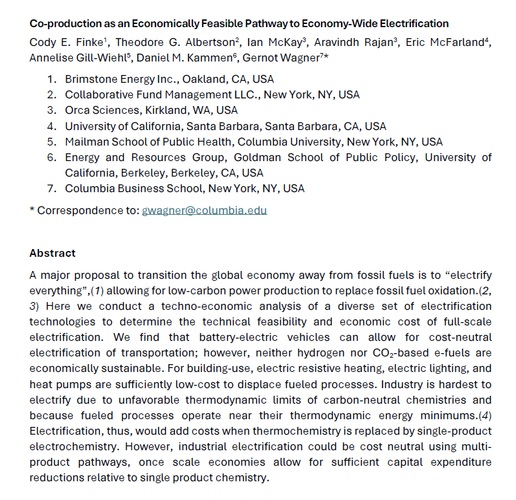Docking into a global carbon market
Clean Investment Budgets to finance low-carbon economic development
Abstract:
Financing the transition to low-carbon economic development must be the focus of any framework to encourage developing countries’ participation in the global carbon market. It needs to do so with the aim of eventual full participation in carbon markets while maintaining the core market’s integrity and meeting the environmental goal of avoiding long-term warming in excess of 2°C above pre-industrial levels. This paper proposes a mechanism to achieve these goals: Clean Investment Budgets (CIBs).
Under this proposal, emerging economies could adopt binding limits on greenhouse gas emissions, set above current levels but within economic and environmental constraints. Such a step would enable these nations to access carbon finance immediately and far more efficiently than existing and proposed mechanisms. Moreover, the growth increment – the portion of the CIB in excess of a nation’s actual emissions – provides a pool of readily available emissions allowances that could be leveraged in carbon markets, financing investments in renewable and low-carbon energy generation, energy efficiency, and technology transfer. CIBs would thus reward early action taken by emerging economies, providing them with a source of capital to enable a rapid transition to a low-carbon economic development path.
Full text: "Docking into a global carbon market: Clean Investment Budgets to finance low-carbon economic development"


